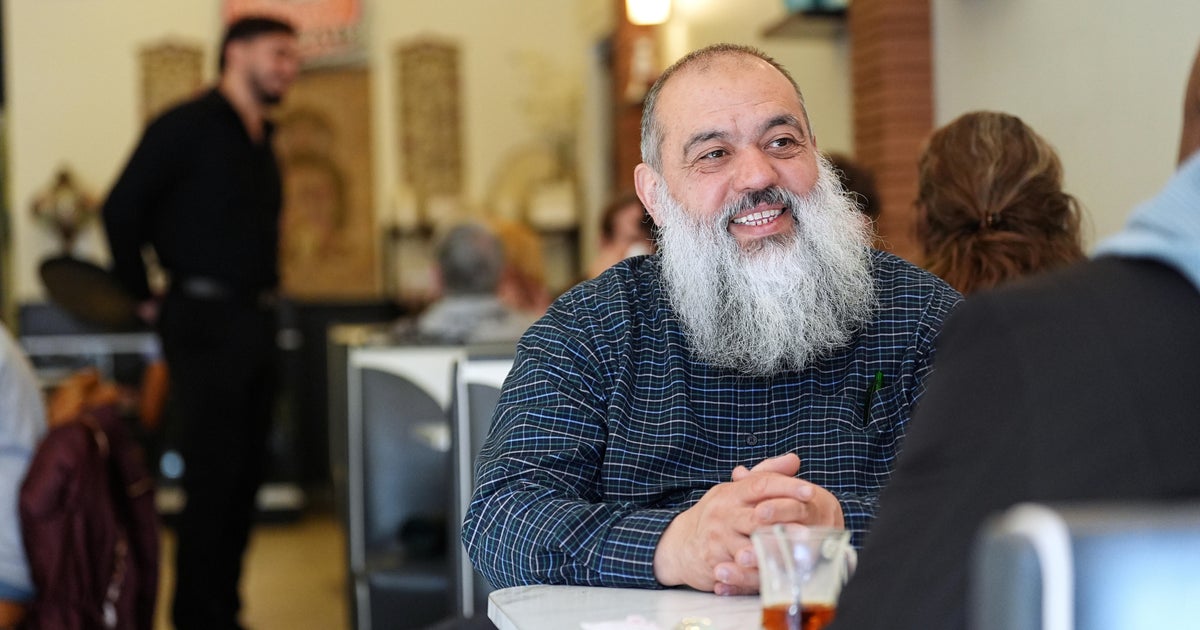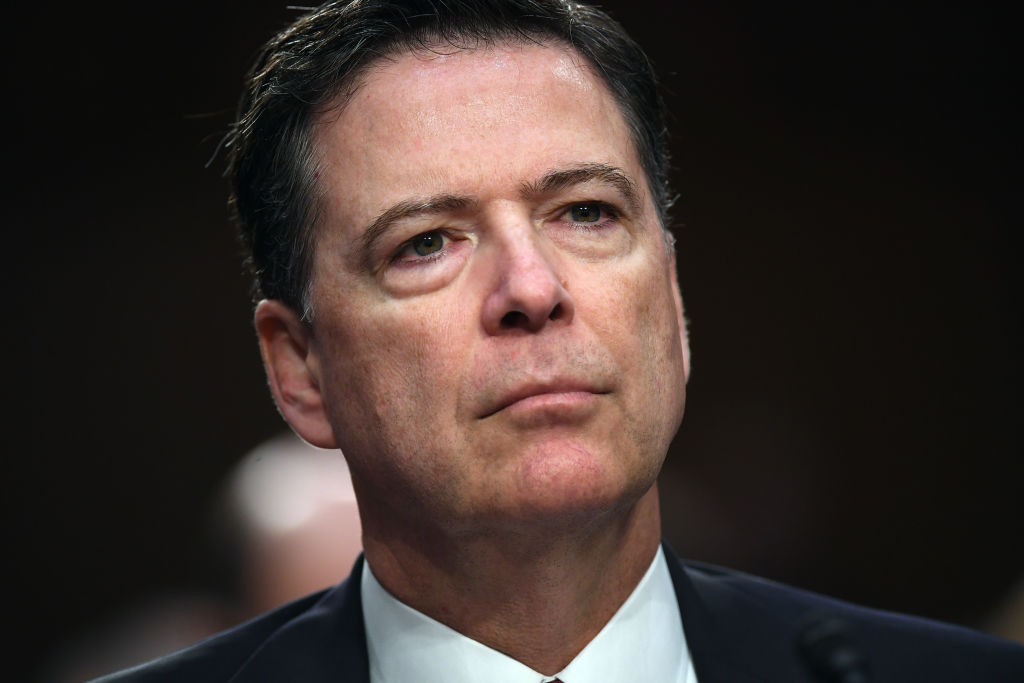James Comey testimony: The top takeaways
Ousted FBI director James Comey testified before the Senate Intelligence Committee on Thursday, and didn't pull any punches when discussing President Trump. Here are five takeaways from his blockbuster testimony.
"Lies, plain and simple"
Throughout his testimony, Comey accused Mr. Trump of misleading Americans about the nature of his tenure at the Bureau and his firing in May. "The administration then chose to defame me and more importantly the FBI, by saying the organization was poorly led," Comey said at the onset of his testimony. "Those were lies, plain and simple."
Mr. Trump and his allies have criticized Comey's tenure numerous times since his firing. The president even reportedly called Comey a "real nut job" during his meeting with Russian diplomats. Last month, Deputy White House Press Secretary Sarah Huckabee Sanders said that Comey had "lost the confidence" of the FBI's rank-and-file agents, which Comey, among others, dispute.
Why he was fired
Comey told the committee that he does "take him at his word" on one thing -- that he was terminated over the Russia investigation.
Comey said the "shifting explanations" for his ouster "confused" and increasingly, "concerned" him, as the White House's official explanation for his firing contradicted that of the president's. Comey said he couldn't be sure of why the president fired him, but that he believes the president's public comments.
After firing Comey, Mr. Trump told NBC's Lester Holt he thought of the thought of "made-up" story of ties between Russia and the Trump campaign when he fired Comey, and he told Russian diplomats that firing Comey relieved "great pressure" on him from the FBI's Russia probe.
"I take the president at his word that I was fired because of the Russia investigation," Comey said in the hearing. And he went further, suggesting that the president hoped to "change" the way the Russia probe was being conducted.
"I was fired in some way to change the way the Russia investigation was being conducted,'' Comey said. "That is a big deal. On top of that, the Russia investigation itself is vital because of the threat. And if any American were part of that, that is a very big deal.''
Comey leaked
How did the existence of Comey's memos make it to the press? He leaked them.
Comey says he believes the memos were his personal property and written in his capacity as a private citizen, although he has now turned them over to Special Counsel Robert Mueller. In fact, Comey says he hoped that by sharing what he had written in the memos with the news media, he could help trigger the appointment of a special counsel to investigate Russian interference in the 2016 election.
Comey, however, did not leak the memos to the press himself. Nor did he rely on his friend Benjamin Wittes, a legal blogger who frequently teases new revelations in the Russia investigation with his Twitter account. Instead, Comey said that he turned to a "good friend" who teaches at Columbia Law School to share what he had written with the memos. That friend, CBS News' Andres Triay reports, is Daniel Richman, a law professor at Columbia.
"Lordy, I hope there are tapes"
Mr. Trump tweeted after firing Comey last month that the ex-FBI chief "better hope that there are no 'tapes' of our conversations before he starts leaking to the press!" Comey says this tweet inspired him to leak the contents of his memos to the press, because he felt he "needed to get that out into the public square."
"Lordy, I hope there are tapes," Comey said during a back-and-forth with Sen. Dianne Feinstein, D-California, to laughter from the crowd. He later said that if Mr. Trump had indeed recorded any of their conversations that he hoped they would be released. He also disclosed that Special Counsel Robert Mueller has his memos.
Loretta Lynch's strange request
Comey said his reasoning behind his much-criticized July 2016 announcement that the FBI would not recommend charges against Hillary Clinton over her private email server had a lot to do with then-Attorney General Loretta Lynch holding a private meeting with former President Bill Clinton on a Phoenix, Arizona tarmac.
But that wasn't the only reason he decided to make the announcement. "Probably the only other consideration that I guess I can talk about in open setting is that at one point the attorney general had directed me not to call it an investigation, but instead to call it a 'matter,' which confused me and concerned me, but that was one of the bricks in the load that led me to conclude I have to step away from the department if we're to close this case credibly," Comey said.
Trump is not under investigation -- or, rather, he wasn't
As Comey said in his written statement before the hearing, Comey did in fact inform Mr. Trump three times that he was not personally under investigation. Mr. Trump, Comey said, was frustrated that the FBI did not make this public, and asked Comey to make it so several times. But Comey had serious reservations about letting it be known that Mr. Trump wasn't under investigation, among them that if that information were to be made public, the FBI would then have to announce that Mr. Trump was under investigation if that ever became the case.
Of course, whether Mr. Trump is under investigation now is impossible to know, since Comey was fired on May 9, and the Russia investigation may have expanded since then.



